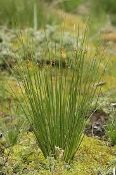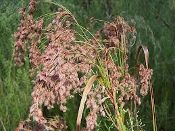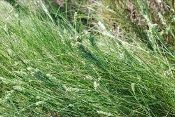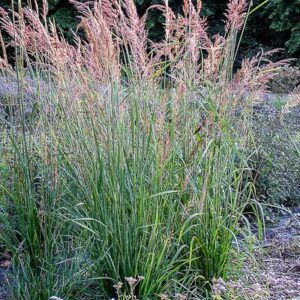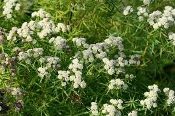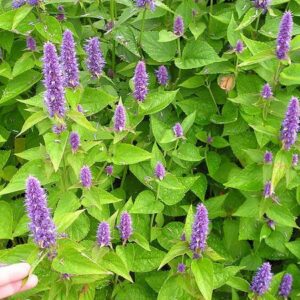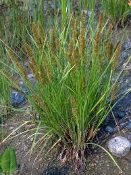$7.50
Juncus effusus Soft Rush, Common Rush, Native Grasses, Perennial Grass Plugs, Wetland Grass
Wholesale pricing is based on quantity. 50 plants (plugs) per tray with a required minimum purchase of 5 plants per species.
5 or more $7.50 each
25 or more $3.50 each
50 or more $1.65 each
300 or more $1.50 each 500 or more $ 1.00 each
1,000 or more Call
For Shipping, Planting and additional FAQ’s please see “About our organically grown native plug trays “.
See all available Native Perennial Grasses & Organically Grown Plug Trays
Order Minimum
There is a minimum order total of $150.00.
before tax (VA residents only) and shipping.
There are NO EXCEPTIONS.
Description
Juncus effusus Soft Rush, Common Rush, Native Grasses, Perennial Grass Plugs, Native Wetland Grass
Botanic Name (s): Juncus effusus
Common Name(s): Soft Rush, Common Rush
Mature height :1-4′
Mature spread:3-5ft
Bloom Time: June-September
Sun Exposure: Full Sun Part Sun
Soil moisture: Moist Wet
Soil Ph:5-5.7
Soil Type: Clay Soil- High clay content, fine texture
Loamy Soil- mostly silt, sand, some clay
Sandy soil, coarse texture
Native Habitat: Fresh tidal and non tidal marshes, shrub swamps, meadows, ditches
Notes: often grows in clumps
Erosion Control Flood Tolerant
High Wildlife Value: Songbirds Game Birds Small Mammals Waterfowl
FACW- Usually occur in wetlands, but may occur in non-wetlands
OBL- Almost always occur in wetlands
Native to Coastal Regions
Native To Mountain Regions
Native to Piedmont Regions
Native Grass
Juncus effusus Soft Rush, Common Rush, Native Grasses, Perennial Grass Plugs
Juncus provide habitat for wildlife and help keep our water clean. According to the USDA, the rhizomes of Common Rush (Juncus effusus) form a matrix for many beneficial bacteria, making this plant an excellent addition for wastewater treatment.
Habitat of the herb: Wet pastures, bogs, damp woods etc, usually on acid soils.
Edible parts of Soft Rush: Young shoots – raw. Some caution is advised, see the notes above on toxicity.
Other uses of the herb: Stems are used in basket making, thatching, weaving mats etc. The stems can also be dried then twisted or braided into ropes for tying or binding. Stems can be peeled (except for a small spine which is left to keep them upright) and soaked in oil then used as a candle. A fibre obtained from the stems is used for making paper. The stems are harvested in late summer or autumn, they are split and cut into usable pieces and then soaked for 24 hours in clear water. They are then cooked for 2 hours with lye and beaten in a blender. The fibres make an off-white paper. When mixed with mulberry fibres they can be used for making stencil paper. The whole plant was formerly used as a strewing herb.
Known hazards of Juncus effusus: Possibly toxic to mammals.
Juncus effusus Soft Rush, Common Rush, Native Grasses, Perennial Grass Plugs, Native Wetland Grass
See all available native Grasses.
